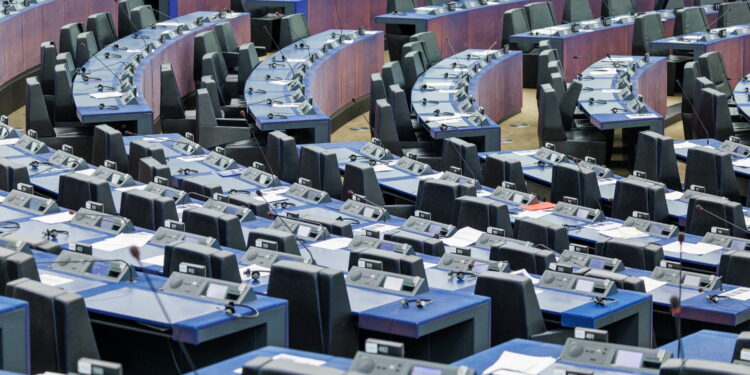Brussels – The battle over the budget for Erasmus and Horizon is coming to Strasbourg. During the upcoming plenary session (Sept. 16-19), MEPs will discuss the position on negotiations on the 2025 budget, expected to be heated. Starting with the response to the Council’s proposal to cut funding for exchange and research programs, which the European Parliament wants to reject (or at least scale back).
In July, Member States proposed to cut a total of 8.17 billion euros from the EU budget for next year, including 295 million from the Erasmus program, which allows university students and young workers from the Union to live for a few months in one of the participating countries. However, the Horizon program, the flagship EU scientific research, would also receive 400 million less with the proposal of the national governments.
It is not certain if this will happen; or better, it is more likely that from the inter-institutional negotiations on the EU budget for next year — which will begin in November — a compromise will emerge between the demands of the Council and those of the European Parliament (the two entities that, Treaties in hand, define the EU budget), which do not want to make such drastic cuts. On Wednesday (Sept. 18), during the plenary session in Strasbourg that will mark the resumption of work after the summer recess, members will discuss the position to be adopted by the House in the tug-of-war with the member states, which should then be approved formally in October.
“Every year, the Council uses a similar justification to reduce program allocations or to limit programmed reinforcements, even though the procedural and budgetary circumstances and the social, economic, and geopolitical context have changed considerably,” said rapporteur Victor Negrescu (S&D, Romania), adding that this approach “promotes incomprehension.” For his colleague, France’s Emma Rafowicz, who is vice-chair of the Education and Culture (Cult) committee, the Social Democrats are “stunned” and “shocked” by the boldness of the chancelleries. And they promise to fight.
The European Parliament defined its priorities for fiscal year 2025 in March, calling for putting the twin and digital transitions, competitiveness, inclusiveness, and security at the center of the Union’s spending. The next annual budget will see the entry into force of the revised seven-year budget (technically called the Multi-Year Financial Framework), approved in February, and it will have to begin to consider the question of how to repay the debt taken out with NextGenerationEu.
English version by the Translation Service of Withub





